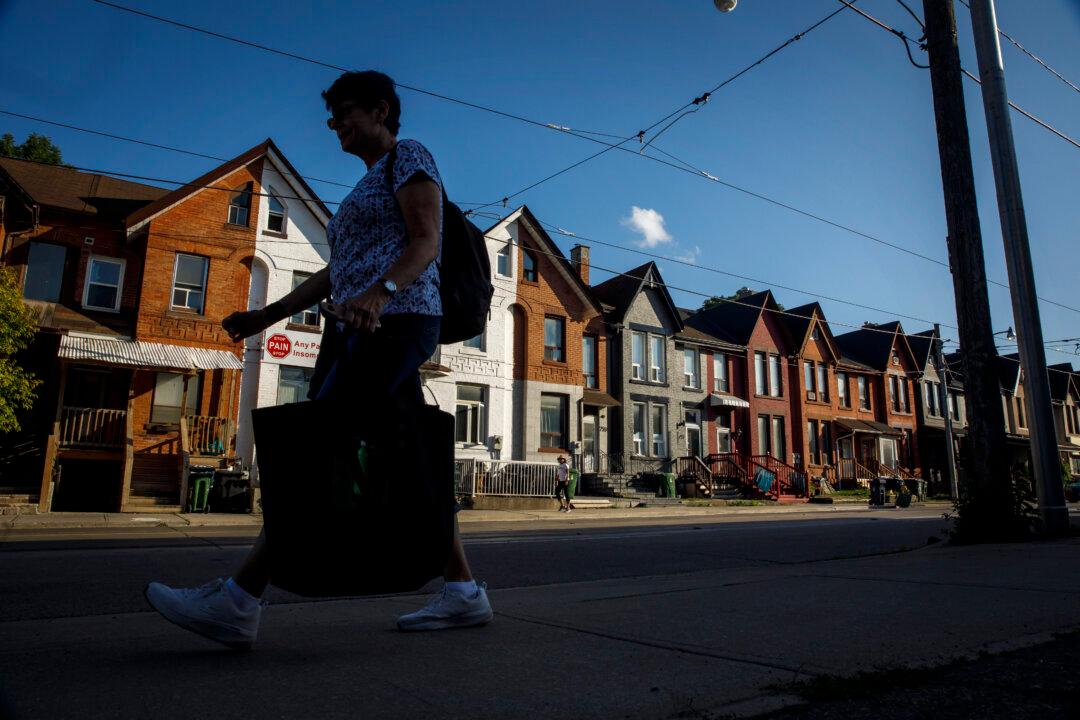Most Canadians say they support the federal government’s immigration quotas but that issues surrounding housing, the cost of living, health care, and transportation needs to be addressed first, according to in-house research conducted by the Department of Immigration.
“Participants said that their communities need to plan for accommodating more immigration and more permanent residents,” said the report “2022–2023 IRCC Annual Tracking Qualitative Research,” delivered in March and first obtained by Blacklock’s Reporter.





